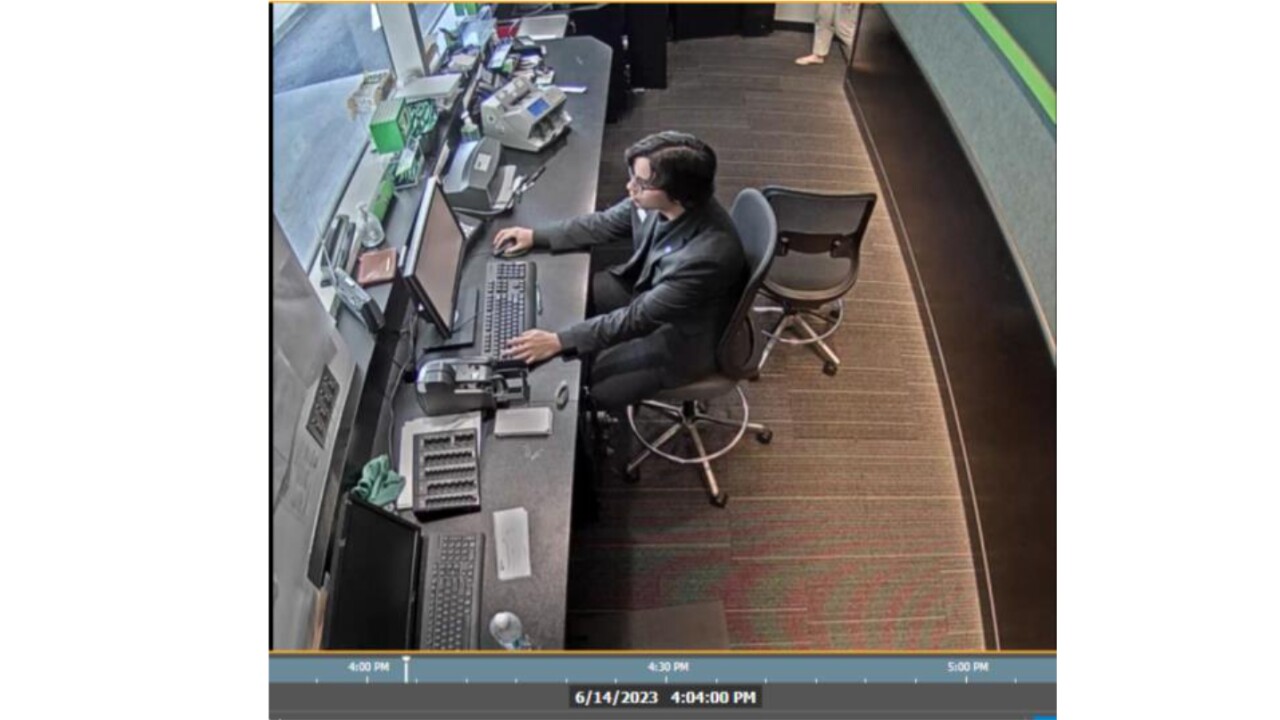-
Citigroup said late Tuesday that it takes "seriously" the shareholder vote rejecting the bank's executive compensation plans, and that it will meet with some investors to understand their concerns.
April 18 -
Large buildups of options granted over the years to the bosses at Wells Fargo and JPMorgan Chase could serve as an incentive to make riskier plays than at B of A and Citi.
April 17 -
At an otherwise-placid annual shareholder meeting held outside of New York City for the first time, Citigroup (C) shareholders dealt a blow to management and the board of directors by rejecting ratification of the bank's executive-compensation proposal.
April 17 -
The New York bank on Monday reported first-quarter results that, while profitable, were heavier on complexity and lighter on revenue than those of rivals JPMorgan Chase and Wells Fargo.
April 16
Citigroup's (NYSE:C) shareholders/owners did a shocking thing yesterday. They
Now they've latched onto what in the past was a radical idea. Namely, that chief executives like Citi's Vikram Pandit should only receive gigantic pay packages tied to performance after they've actually performed.
With pay like this, "perform" shouldn't involve merely cutting costs or restructuring a dinosaur on government life-support. It should mean creating real-live wealth. The sort that Citi's shareholders/owners can actually take to the bank.
Pandit hasn't done that yet, which is why his board should do more than issue statements about
Here are some other reasons Pandit shouldn't receive a red cent more:
• Pandit has already cashed in. Citi paid him $241 million just to come on board. It would take the average American family 5,333 years to make that much. The near quarter-billion included $165 million for Pandit's stake in Old Lane Partners, a hedge fund operation that Citi shut down not long afterward.
• Pandit's proposed $15 million 2011 pay package is for a year when Citi's shareholders/owners suffered a 44% decline in the value of their stock.
• The notion that his salary is
Neil Weinberg is the editor-in-chief of American Banker. The views expressed are his own.
Questions from the Editor: Is "say on pay" producing a benefit to investors? What do you expect from upcoming shareholder votes at other banks? Post a comment below.





